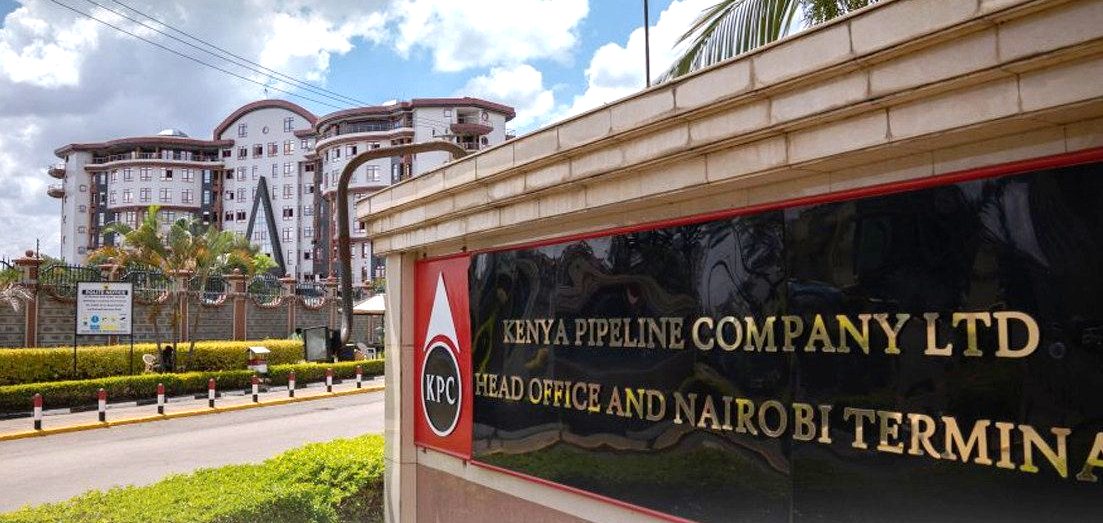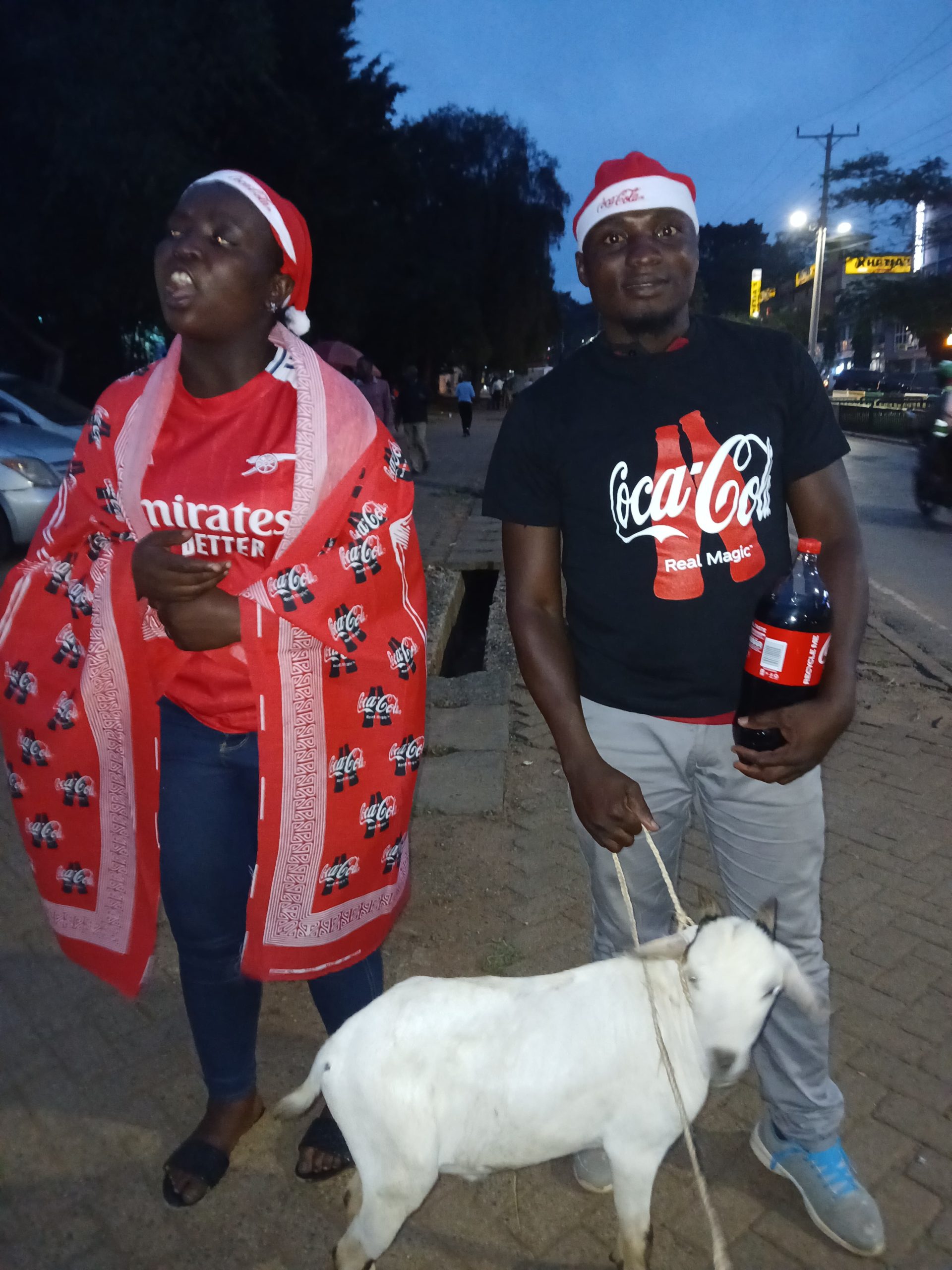The government’s rationale for privatisation is rooted in Kenya’s precarious fiscal situation. With public debt at 63% of GDP, as reported by the Institute of Public Finance (IPF), and interest payments consuming a third of tax revenue, the country faces a high risk of debt distress. Privatisation is seen as a critical strategy to generate revenue without increasing taxes, which Treasury Cabinet Secretary John Mbadi has described as “not an option” in the current economic climate. The sale of stakes in 11 SOEs, including KPC, is projected to raise approximately KSh100 billion to support budget implementation and fund development projects. Additionally, the government aims to reduce subsidies and bailouts for loss-making SOEs such as Kenya Airways, which received KSh16.27 billion in 2022 without a repayment mechanism.
Proponents argue that privatisation will enhance efficiency and innovation. Treasury CS Mbadi cited Safaricom’s success, noting that despite the government’s reduced 35% stake, dividends are higher than if it had retained full ownership, thanks to private-sector efficiency. Kiprono Kittony, chairman of the Nairobi Securities Exchange, echoed this sentiment, stating that privatised firms attract better talent, foster innovation, and reduce political interference. Listing SOEs on the Exchange is also expected to deepen Kenya’s capital market, allowing ordinary citizens to buy shares and promoting wealth democratisation.
However, the plan has met significant resistance. The restructuring of Sony Sugar, following its takeover by investors on 10th May 2025, will see all employees issued termination letters by October’s end, citing redundancy. This has heightened fears of widespread job losses, particularly as the number of retrenched workers may outstrip new hires by private entities. The resulting employment uncertainties threaten livelihoods, especially in regions like Western Kenya, where the sugar industry is a key economic driver. Similarly, the 30-year lease of Nzoia Sugar Company to businessman Jaswant Rai has drawn criticism from leaders such as Busia Senator Okiya Omtatah, who argue it undermines President William Ruto’s pledge to revive sugar mills within six months.
Transparency concerns further complicate the process. MPs scrutinising the KPC privatisation have raised alarms over inadequate public participation and undisclosed valuation details, claiming that the process lacks openness. The opposition, led by Raila Odinga’s Orange Democratic Movement, has challenged the Privatisation Act in court, citing the strategic importance of the targeted firms. Additionally, posts on X reflect public scepticism, with some alleging that privatisation benefits politically connected elites, including those linked to President Ruto’s petroleum interests.
The IPF underscores the need for streamlined approvals and transparent public-private partnerships (PPPs) to ensure success, warning that bureaucratic delays and fragmented procurement rules could undermine investor confidence. While the World Bank supports Kenya’s fiscal consolidation efforts, it cautions that without equitable reforms, growth may not translate into poverty reduction, with 34% of Kenyans projected to remain below the international poverty line in 2025.
Ultimately, the success of Kenya’s privatisation drive hinges on balancing fiscal imperatives with public welfare. Transparent processes, robust public engagement, and safeguards for affected workers are essential to mitigate opposition and ensure that the benefits of privatisation, improved efficiency, reduced debt, and economic growth reach all Kenyans.
[/full]





